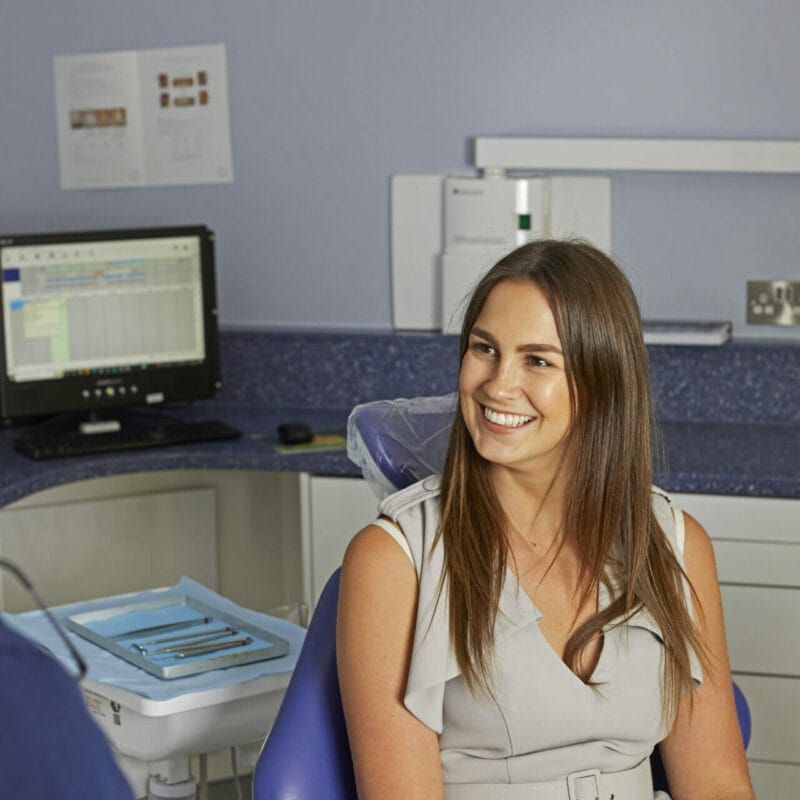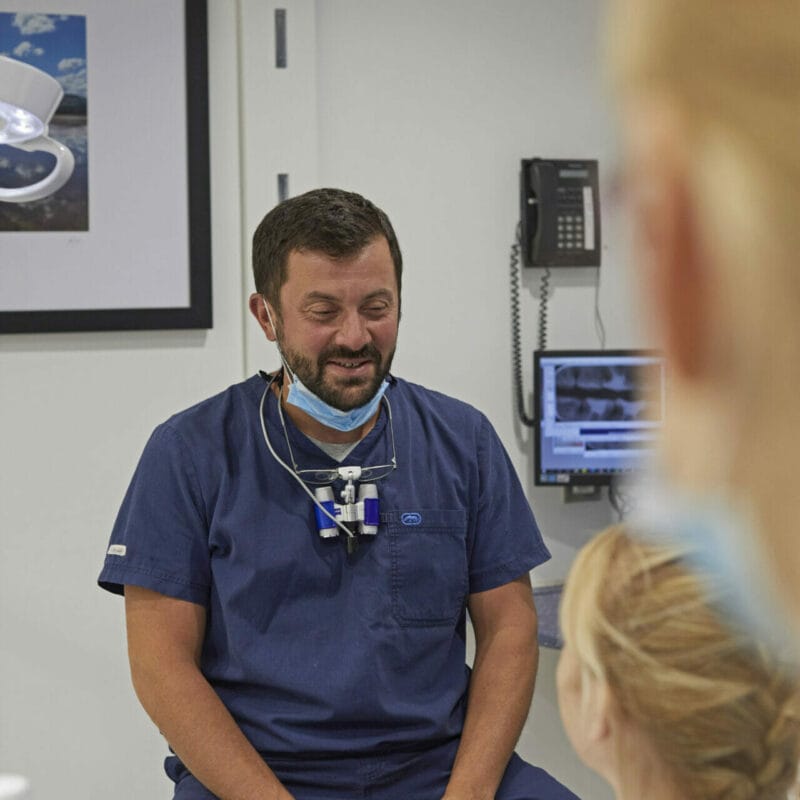A dental examination varies slightly for new patients and existing patients, as it takes into account their different needs and familiarity with the dental practice. Here is a description of what to expect during each type of dental examination:
Dental Examination for New Patients
- Registration and Medical History Review: New patients typically begin by completing registration forms, providing contact details, insurance information, and medical history. This includes any existing health conditions, medications, and allergies.
- Welcome and Introduction: We welcome you to the practice, explain the clinic’s policies, procedures, and the importance of regular dental check-ups for maintaining oral health.
- Initial Assessment: The dentist conducts an initial assessment by discussing your dental concerns and reasons for seeking care. This helps tailor the examination to address specific issues or worries.
- Visual Examination: A visual examination of your mouth, lips, tongue, and surrounding tissues is performed. This helps identify visible issues such as sores, lesions, discolorations, or cavities.
- Dental X-rays: X-rays may be taken to provide a comprehensive view of your oral structures. This assists in detecting hidden dental problems like cavities between teeth, bone loss, and impacted teeth.
- Teeth Assessment: Each tooth is individually assessed for issues like cavities, cracks, fractures, or wear. The dentist checks the condition of existing dental restorations such as fillings or crowns.
- Gum and Periodontal Assessment: The dentist evaluates your gum health, measuring pocket depths to assess gum disease (gingivitis or periodontitis). They examine the firmness and attachment of the gums to teeth.
- Bite and Jaw Assessment: Your bite is checked for proper alignment, and any signs of temporomandibular joint (TMJ) disorders or jaw-related issues are noted.
- Oral Cancer Screening: An oral cancer screening is part of the examination, involving a check for unusual growths, lumps, or changes in oral tissues that could be indicative of oral cancer.
- Treatment Planning: Based on the examination findings, the dentist develops a personalized treatment plan for addressing any identified issues, which may include recommendations for restorative procedures, hygiene treatment or other preventive care.
- Patient Education: The dentist provides oral hygiene instructions, including proper brushing and interdental cleaning, dietary advice, and recommendations for maintaining good oral health. New patients are informed about the importance of regular dental check-ups and follow-up appointments.
Dental Examination for Existing Patients:
For existing patients, the dental examination is similar but may have a more streamlined process:
- Review of Medical History: The medical history may be quickly reviewed to check for any updates or changes since your last visit.
- Brief Assessment: Existing patients are often familiar with the dental practice and procedures, so the initial assessment may be shorter.
- Follow-Up and Treatment Plan: The dentist reviews the patient’s progress since the last visit and discusses any ongoing treatment plans or modifications.
- Continuation of Care: Existing patients receive the same thorough examination as new patients but benefit from a history of previous visits to track changes and maintain their oral health.
In both cases, the dental examination is a crucial part of preventive dental care, focusing on early detection, personalized treatment, and patient education to ensure optimal oral health and overall well-being. Regular check-ups are encouraged for both new and existing patients to promote long-term dental health.




